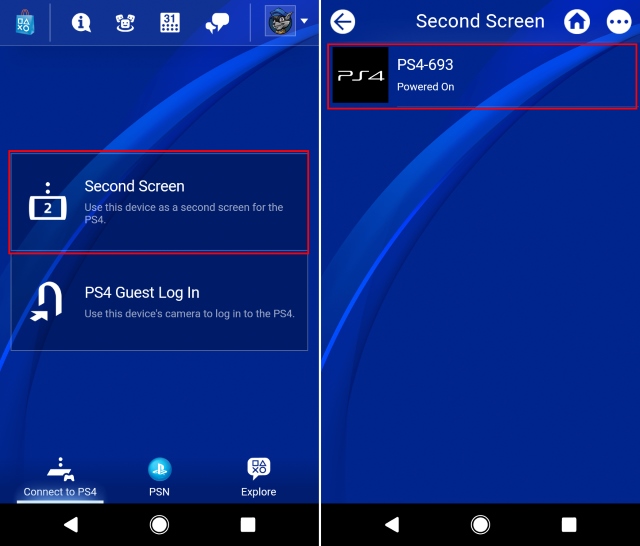
Each subsequent attempt is a chance to put the lessons from the last failure into practice, until you eventually stand victorious. The first attempt is blindly trying to figure out as much as you can, with the assumption that you’ll die. The first time you encounter a new type of enemy, it can feel like a boss fight in its own right by the time you’ve fought a half dozen of them, you’ll be cutting through them with the ease and grace of a seasoned yokai-hunter (so long as you don’t get careless).īoss fights are that same ethos, but dialled up a notch. Nioh 2 uses every opportunity to give you the tools you need to deal with the challenges it throws at you, and constantly builds on that learning. The reasons for this are many, but chief among them is what might be the most finely-tuned difficulty curve in the genre. People having been saying this about soulslikes for years, but with Nioh 2, I feel like I finally Get It. (The swearing, yelling, and colourful suggestions that the boss in question is a cheater might suggest otherwise, but I love it.) I love it when I finally win, and instead of just a vague sense of relief tempered by annoyance at the time wasted to get to this point, I feel like the biggest damn hero. I love when I think I’ve got a particular phase of a fight locked down, getting greedy, and then getting clapped for my hubris. I love coming back again and again, doing a little better each time thanks to growing understanding of the enemy and its attack patterns. I love wading into a new boss fight, seeing what I’m up against for the first time, and then getting clobbered in two seconds flat. But I also love it for all the things I usually hate about soulslikes. I love it for all the reasons I loved the first game: the historical setting, the monster designs, the Kurosawa-esque mood, the way it blends authentic depictions of history with the fantastic. Nioh 2 is a game that I love, wholly and utterly.



Even the original Nioh, a game I adore for a whole lot of different reasons, is one I like in spite of its soulslike design, not because of it. But when I actually play them, they tend to just leave me feeling frustrated and empty. Dark Souls, and the many games that followed in its footsteps, are built entirely around triumphing over seemingly insurmountable odds through perseverance, practice, and mastery, and the feeling of accomplishment that comes with that. I’ve long been fascinated by the “soulslike” genre.


 0 kommentar(er)
0 kommentar(er)
